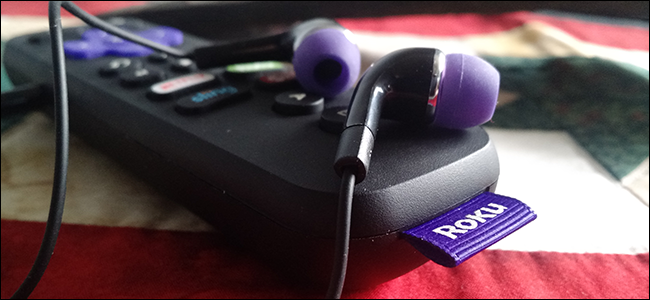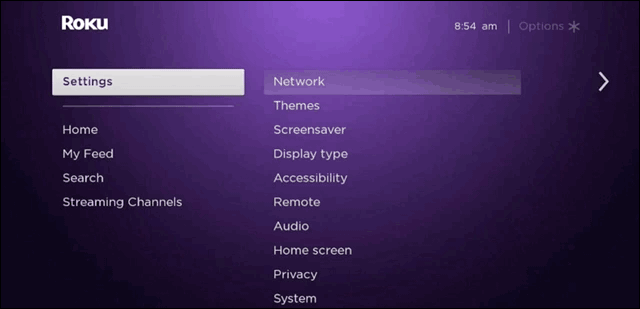In 2017, TV watches you. At least, it does if you're using a Roku device: that platform monitors everything you do on their devices. Data is shared with Neilson to supplement ratings, mostly it's used for advertising purposes.
That's right: advertising. You probably think of Roku as a hardware company, and it's true that their various streaming devices make up the majority of their revenue. But it's not they only way they make money: Roku earned around $100 million from advertising in 2016, a quarter of their overall revenue that year. Part of what makes their advertising so effective is their ability to track what you watch.
This isn't conjecture, by the way. It's all outlined in Roku's privacy policy:
We also collect usage data such as your search history...search results, content and advertisements you select and view, including through use of automatic content recognition technology...and content settings and preferences, channels you add and view, including time and duration in the channels, and other usage statistics.
All of this tracking is baked into Roku, and the only way to fully avoid it is to not use the platform. This isn't unique among internet companies: Google and Facebook monitor basically everything you do online, for example. And unlike those companies, Roku gives you a bit of an out.
From your Roku's home screen head to Settings > Privacy > Advertising. You'll find the "Limit Ad Tracking" option there.
What does this change? Roku explains in their privacy terms, but here's a quick summary:
- Ads on your Roku will no longer be personalized based on information tied to your device. You'll see generic ads instead.
- Tracked information will not be shared with third party services. The main exception seems to be antenna usage on Roku TVs, which will likely still be shared with Neilson depending on your setup.
- Channel providers, such as Netflix or Amazon, will be notified that you prefer not to be tracked, but Roku will not force them not to track you. It's kind of like how browser "Do Not Track" doesn't stop tracking: it only nicely asks sites not to track you.
- If these third party channel providers decide to track you, there's nothing stopping them form sharing their information to third party companies. You'll need to check the privacy terms for individual channels if you're concerned about that.
Roku's "Limit Ad Tracking" is, if nothing else, honestly named. It doesn't stop tracking outright, but it does make it feel a little less obvious. Some people may prefer to see the relevant ads, but at least Roku gives you somewhat of a choice.



